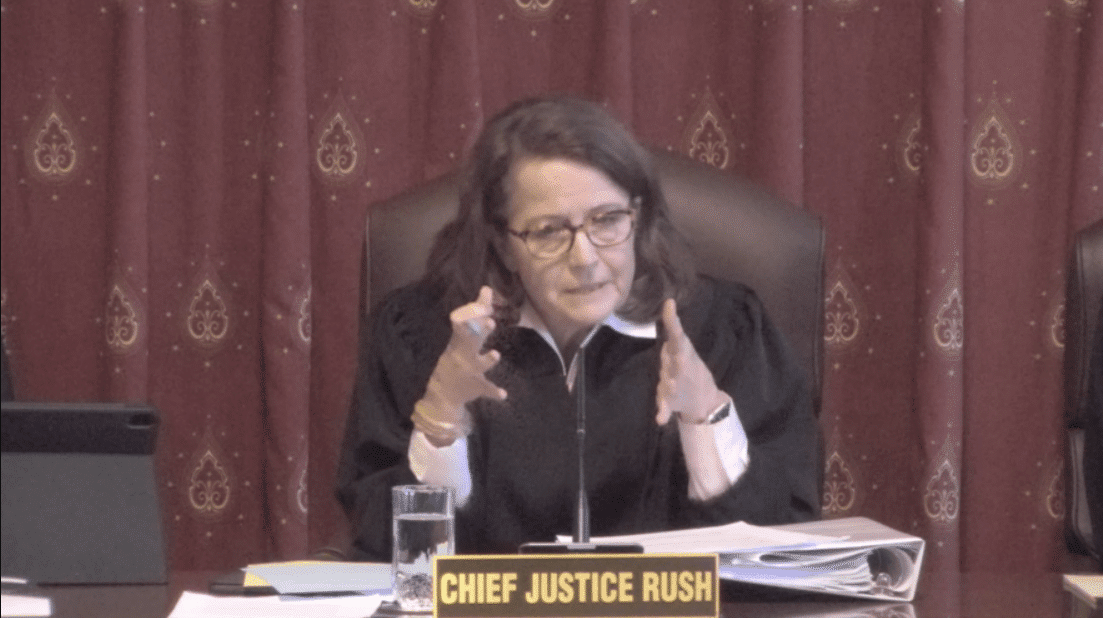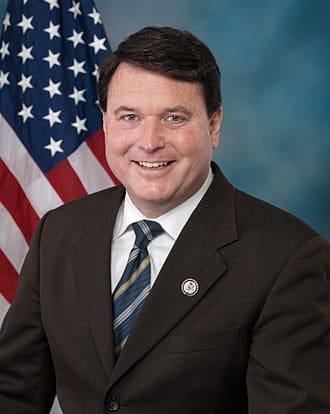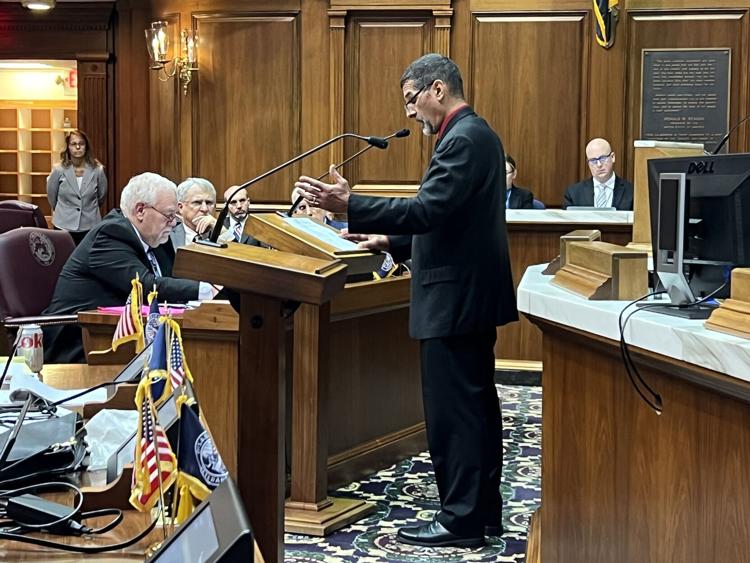The social conservatives who rushed and rammed through Indiana’s draconian law banning abortion have a new fight on their hands—with an interesting and formidable opponent.
Themselves.
The ACLU contends that this new law violates the Religious Freedom Restoration Act that social conservatives demanded several years ago. RFRA, as it is called, granted people the right to refuse to perform otherwise lawful duties if they felt doing so contradicted their faith.
It was designed to allow, for example, devout caterers and restaurateurs to deny service to same-sex couples if their faith traditions did not condone homosexuality. Social conservatives also argued that it was wrong to force, say, a pious pharmacist to provide birth control or morning-after pills if the pharmacist felt that doing so was a violation of conscience.
Before we go any further, there is something I must disclose. From 1998 to 2004, I was the executive director of what is now the ACLU of Indiana. So, I most often agree with the ACLU’s arguments.
I say “most often” because there are a couple of jokes folks inside the ACLU world tell.
The first goes like this: If you lock two ACLU members into a room, they will emerge an hour later having formed three factions.
The second is: If you agree with the ACLU 80% of the time, you should be a member. If you agree with the organization only 50% of the time, you belong on the board.
An organization dedicated to preserving the principles set forth in the Bill of Rights, which themselves defend the human spirit, will tend to veer toward fierce and often fractious debate. But such debate often leads to creative thought—and surprising insights.
That’s what this suit does.
It forces social conservatives to confront the contradictions—and the consequences—of their own arguments. If they really believe that an individual has the right to ignore or override state law in matters of conscience, then they must grant women and healthcare providers whose faith traditions do not see abortion as a sin to end unwanted pregnancies.
The Indiana Supreme Court just ruled that the Roman Catholic Archdiocese of Indianapolis could order the firing of a teacher in an Indianapolis parochial school for religious reasons. The archdiocese didn’t dismiss the teacher because of his performance in the classroom or elsewhere on the job.
No, the archdiocese axed him because he was legally married to another man. The archdiocese fired him because he was gay.
The state’s high court granted the archdiocese the authority to ignore and override the law because churches and other faith institutions alone are allowed to determine what the tenets of faith guiding them will be.
Okay.
If a church is allowed to punish someone just for being gay and given permission to ignore a state-sanctioned legal agreement—which, in the civil sense, is what marriage is—then a woman or a doctor whose faith tradition allows abortion should be entitled to follow the dictates of her own conscience.
Sauce for the goose should also be sauce for the gander.
The bet here, though, is that social conservatives won’t see it that way. They will contend that the Religious Freedom Restoration Act really was about protecting their spiritual liberty and no one else’s. They will argue that they have the right to follow the dictates of their conscience and their faith but those who disagree with them … not so much.
And their notion of religious liberty includes granting them the authority to tell other people what to think and how to live.
Well, that sort of thinking has brought them to an intriguing turning point.
The ACLU suit will force the courts to grant others the same right it allowed the archdiocese of Indianapolis.
Or honesty will dictate that we give the Religious Freedom Restoration Act a new name.
How does the Religious Oppression Restoration Act sound?






